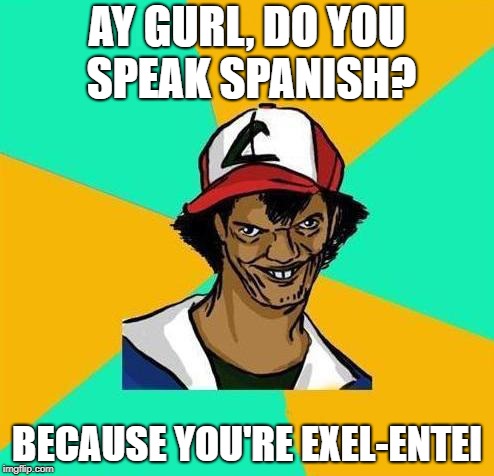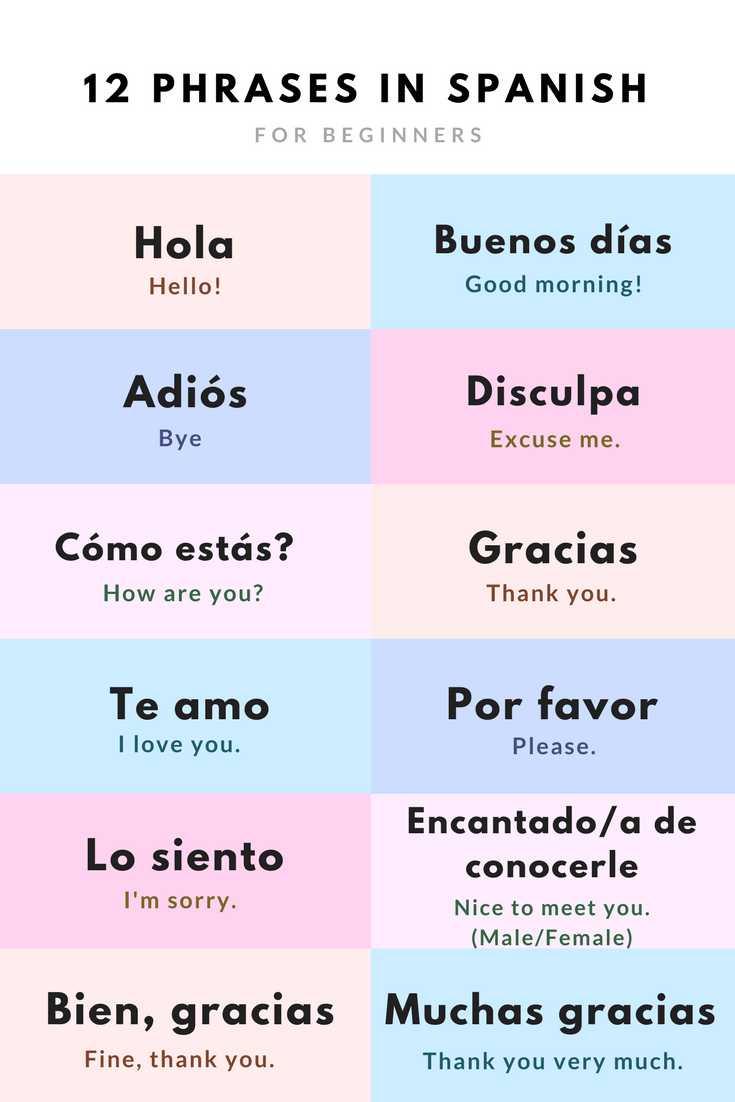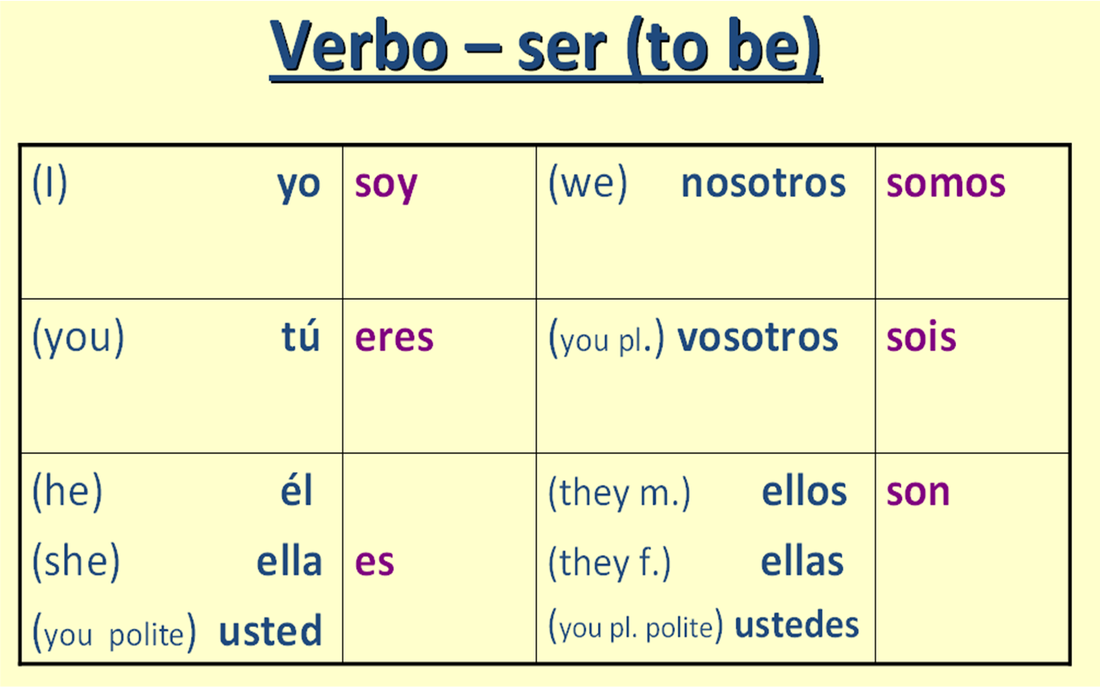

Guiris, pronounced “giri”, are (very obvious) foreigners usually hailing from English-speaking countries or central and northern Europe. What does it mean and how is it used? Anyone wanting to blend in in Spain has done their research on how not to look like a guiri. Often due to a saint’s feast day, these “bridges”, become the best Mondays and Fridays of the year! 7. What does it mean and how is it used? Every employee’s favorite – and a stereotype of life in Spain – is the puente, or three-day weekend. Many visitors will quickly learn ¿Qué tal? and our fifth expression is another to add to your small talk toolbox: ❼ómo vas?, literally meaning “How are you going?” 6. These greetings are used casually all day – in small talk, such as when meeting friends, with well-known colleagues, chatting with a clerk at the store – so it’s great to know them. What does it mean and how is it used? Spaniards are a friendly bunch, quick to start up a conversation and armed with several ways to ask the classic “How are you?”. How do you say it? “Como bas” (Same thing here – the V is pronounced as a B) You can also use these words to call the attention of a friend, as in “ Tío/tía, come here!”) 5. In the same way English speakers use “dude” or “guy” (“Look at those guys over there!” or “Who said that?” “I don’t know, just some dude.”) Spaniards use tío or tía. What does it mean and how is it used? While these literally mean “uncle,” and “aunt,” they’re also used informally to generally refer to another person. Pleading – ¡Vamos, hombre, por favor! (Aww, come on man, please.)Īs a bonus, this isn’t too strange-sounding to English speakers, because English “man” can be used in much the same way. Greeting – ¡Hombre! Cómo estás? (Hey man! How are you?)

Yes/Of course – ¡Claro que sí, hombre! (Of course, or definitely) No – “Do you like your boss?” Qué va, hombre, para nada. What does it mean and how is it used? It literally means “man”, and is also used to affirm or strengthen what you’re saying typically to mean no, yes/of course, to greet or to plead. How do you say it? “Ombre” (the H is silent) (“We’re meeting at 11am tomorrow, vale?” or “Call me later to organize that.” Vale, I’ll call you.) After a while in Spain you’ll notice that people tend to use it twice in reply ( vale, vale) which is endearing! 3.

It’s used as a way of agreeing or affirming what someone has said. It comes from the verb valer (to be worth, as in ¿cuánto vale? – How much is it?) but means so much more. What does it mean and how is it used? Very much a part of the Spaniards’ vocabulary_,_ meaning OK, alright, sounds good, I understand or no problem. How do you say it? “Bale” (the V turns into a B) Young people pepper their conversations with this adjective, responding to their friends’ stories with a chorus of ¡Qué guay! (“How cool!”) 2. What does it mean and how is it used? It means cool, awesome or great. Thinking about learning Spanish abroad? Make sure you learn these Spanish expressions and use them on anyone and everyone who’ll listen – it’ll impress the locals and ensure that you’ll have a much easier time making friends and fitting in. Spanish is one of the world’s most widely-spoken languages and Castilian (the version spoken in Spain) charms expats and tourists as quickly as the country’s narrow cobblestoned streets and tasty tapas.


 0 kommentar(er)
0 kommentar(er)
